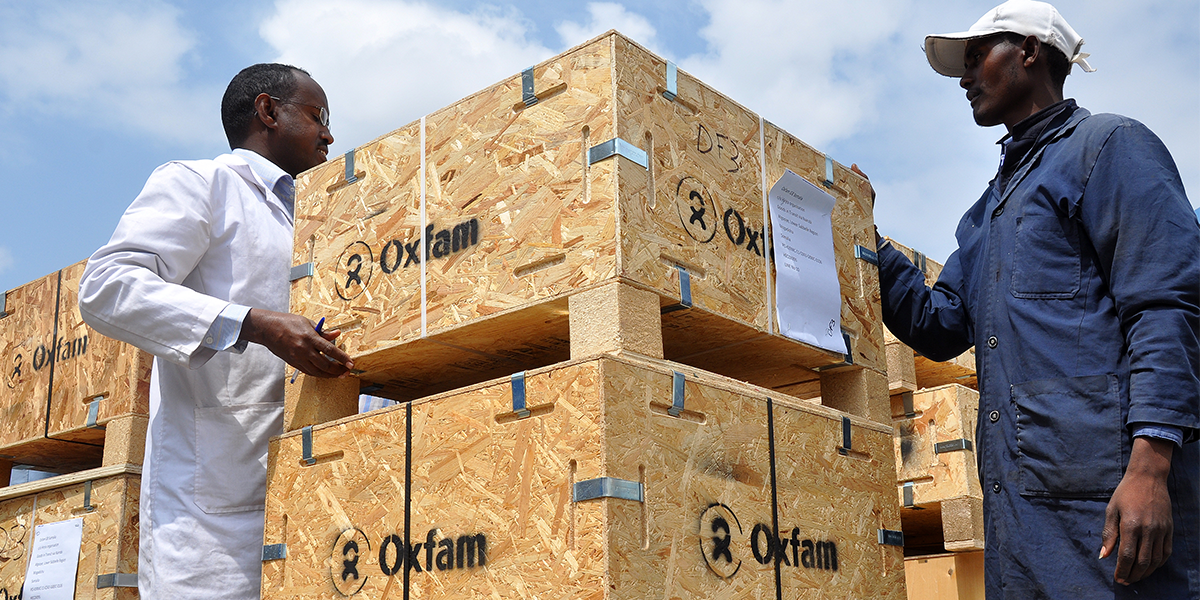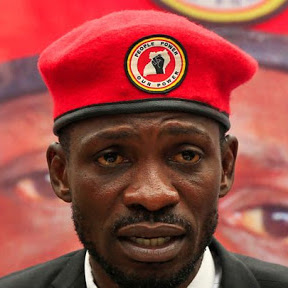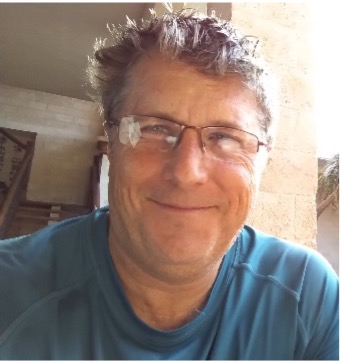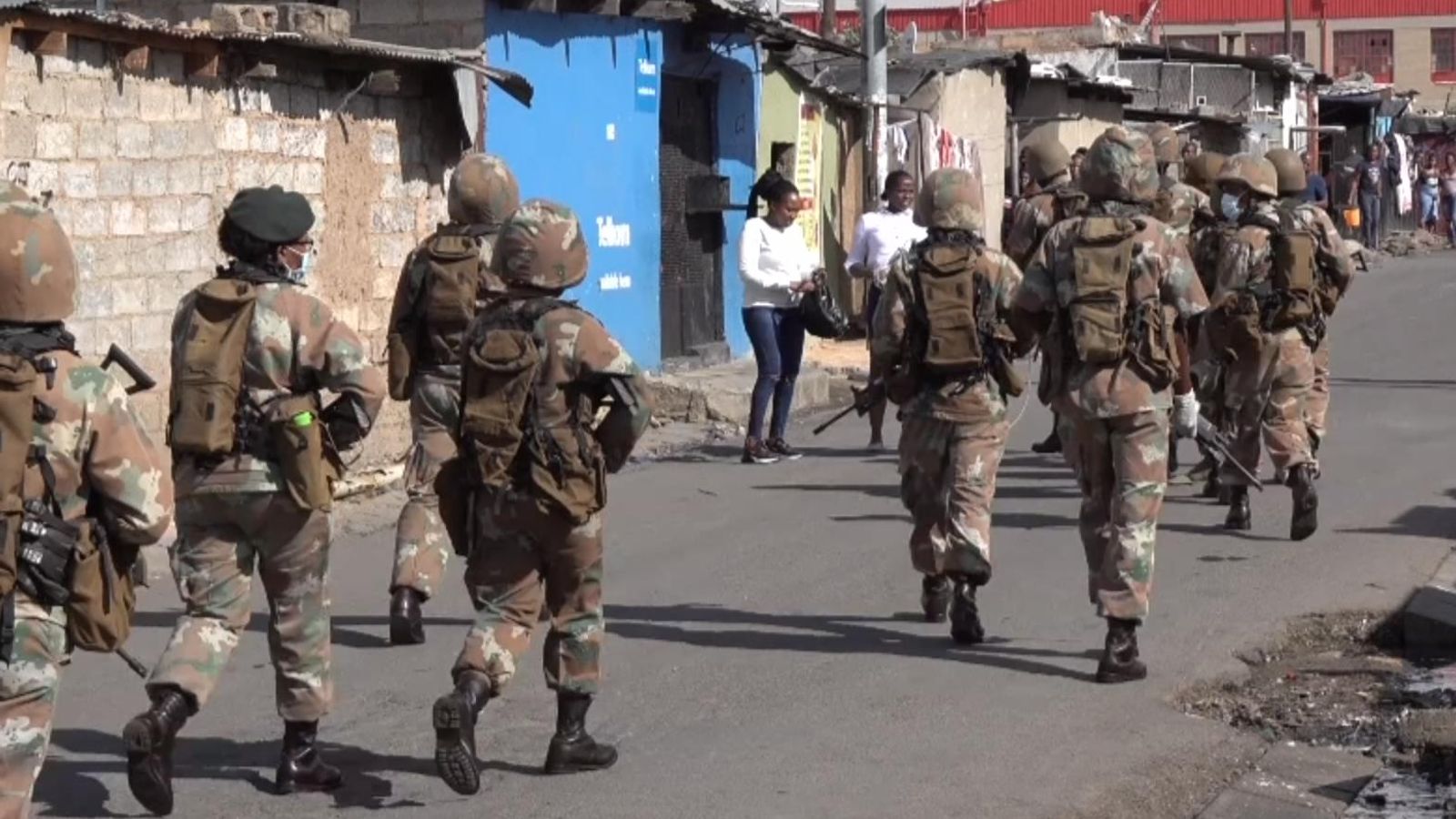News
Aid has failed. COVID-19 both exposes this and offers the chance for a reset.
We should be looking at COVID-19 as an opportunity to reset our politics, policies and economies. If donors want to be partners to African countries in the long-term, they should reset theirs too.

COVID-19 has changed the world.
Among other things in Africa, it could lead to significant setbacks in the fight against poverty as developed countries turn inwards. The nature of aid as we know it may change. This is a concern, but more so an opportunity. This reset does not have to be a bad thing if African countries learn to own their problems and be their solutions.
The harsh treatment of African nationals in China, where the pandemic began, illustrates the extent to which the continent’s wellbeing lies in its own hands. Africa should not be dependent on the generosity of others, making it vulnerable to changes of circumstance or whim.
The limits of aid
As African leaders scour world capitals looking for funding to arrest the effects of the coronavirus, we should be reminded of the limits of aid.
Africa receives more than $60 billion every year in aid. Much of this is not spent on Africans themselves, of course, but on services from donors, such as Western management consultants. Around one-fifth of total bilateral aid in 2012, for example, went back to donor countries or took the form of debt relief.
Much aid, too, is wasted by going to regimes that lack the governance or policies to further development. Rather than using it for the benefit of their populations, this much-needed funding is used instead to shore up political power.
Aid today is also increasingly being spent on “soft power” initiatives. These focus on culture and values rather than military strength or financial transfers, and allow donors to co-opt rather than coerce their partners. The UK uses the British Council to promote its values; Germany, the Goethe Institute; France, the Alliance Francaise; China, Confucius Institutes; and Russia, the Russkiy Mir Foundation.
Soft power is also why Africa has been the site of so many leadership visits and summits in recent years. China regularly stages its Forum for China-Africa Co-operation; Russia launched its version in Sochi last year; while the UK, France and US have their own similar summits.
There are now various indices assessing the relative soft-power rankings of states. These are fraught with contradiction, however, since those professing to spread their values regularly fund oppressors, variously claiming (as China does) non-interference in sovereign matters or (as the US does with its support for Uganda’s military) overarching strategic interests.
Aid has failed Africa
Coronavirus has laid bare the cost of this aid strategy for Africa. Large-scale funding has historically worked in promoting development, but only when employed in an environment defined by good governance and local ownership. And yet governance is not a donor priority.
Only 6.5% of Western aid to Africa is spent on the promotion of democracy, even though studies show clearly that the more democratic a country is, the better it can further development.
Instead, donor funding helps to keep many African leaders in power with little, if any, accountability. Incompetent and self-interested leaders are essentially let off the hook as outside powers scramble for influence with Africa’s big men.
In much of Asia, countries took ownership of their own development, setting priorities and leading donors. In Africa, we are led by our donors. As a result, many externally-funded roads, railways and ports – especially in the case of China – are motivated by vanity or opportunities for individual profit rather than their benefits for citizens.
The failure of aid can be seen most starkly in terms of Africa’s infrastructural deficit, now badly exposed by coronavirus. Africa has the lowest number of doctors per capita in the world, with the likes of Uganda limited to just 1 doctor per 10,000 people. Sudan, with a population of 42 million, reportedly has just 80 ventilators. Nigeria’s 200 million have fewer than 500. The CAR has three and Liberia has none. Kenya, a relative superpower in Africa, has just 500 high-care beds in a country of 52 million, while Uganda has just 55 of which 80% are in the capital Kampala.
As a direct consequence of weak governance and bad spending habits, we are dependent on the charity of the likes of Jack Ma to obtain testing kits and protective equipment.
Our failure of governance makes the coronavirus even more threatening in other ways too. More than 70% of households in Kampala sleep in a single room. Just over half of Africa’s urban population of 500 million has access to piped water. 85% of the continent’s urban dwellers do not receive a regular wage. The vast majority of informal workers in Uganda, who are now struggling to earn, were below the poverty line to begin with.
The time for a reset
No African country has deep enough pockets to dig itself out of the economic crisis that COVID-19 has created. Yet the greatest threat to Africa is not posed by the pandemic itself. It’s posed by careless African leaders, abdicating the responsibility for development and care for their citizens.
Many African governments’ responses thus far has been to put together teams of wise and respected figures to tout foreign capitals looking for more aid. But even if they achieve their goals, this will only be a case of throwing good money after bad without good governance and responsible leadership.
If they are serious about developing Africa, donors should help deliver what Africans want. Where two-thirds of the population are under 35, and more than two-thirds prefer democracy to any other form of government, meaningful soft power means support for democracy and educational opportunities abroad. A container full of Beatles albums and a sporting ambassador in cargo pants is not going to cut it.
Africa has to grow up if it is to be the solution and not the victim. We should be looking at COVID-19 as an opportunity to reset our politics, policies and economies. If donors want to be partners to African countries in the long-term, they should reset theirs too.
This article was published by African Arguments. (Photo: Alun McDonald/Oxfam)




